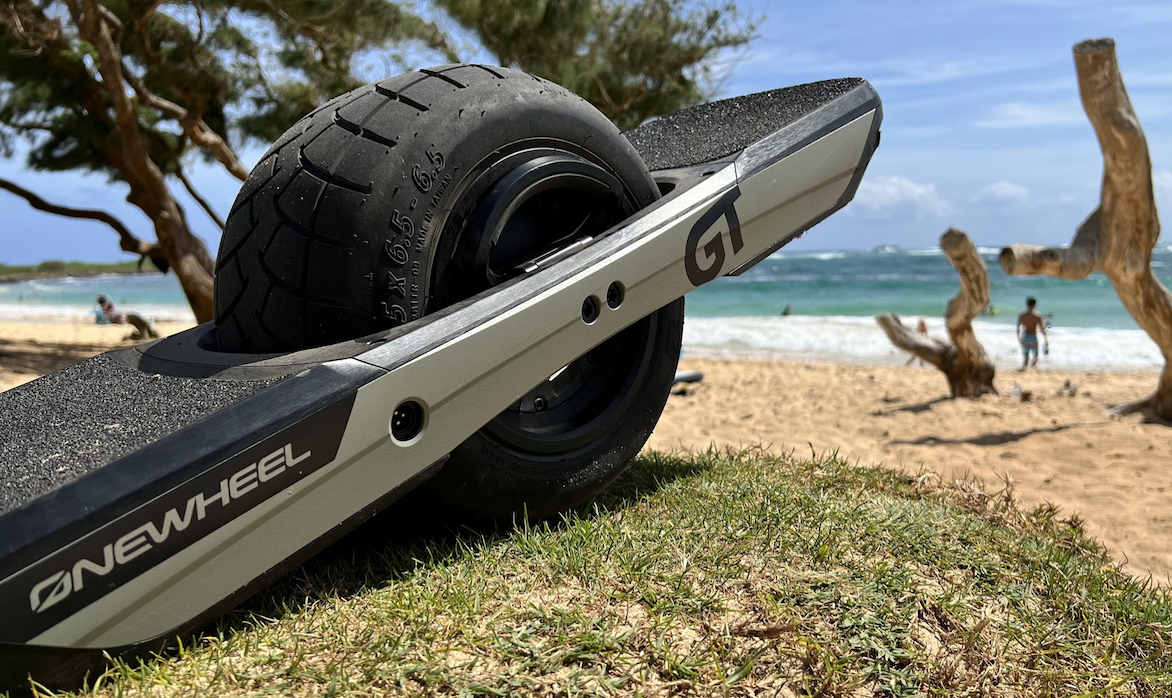We’ve moved! Check out our FULL article here. Summary below.
In 2022, Future Motion, the creator of Onewheel, faced significant challenges, mostly of its own making. These issues extend beyond the Onewheel community and affect the broader right-to-repair movement. Future Motion, based in San Jose, California, manufactures high-end personal electric vehicles (PEVs) and has actively obstructed third-party repair efforts, causing considerable concern among consumers.
The company discontinued its flagship Onewheel XR model and implemented firmware updates preventing battery upgrades. In response, a small company called JW Batteries developed a chip to restore battery upgrade functionality and was subsequently sued by Future Motion. This legal battle has garnered attention from right-to-repair advocates.
Future Motion’s anti-competitive practices, such as enforcing digital pairing of major components, have disrupted the aftermarket repair industry and rendered some newer Onewheel models unrepairable outside the company. These measures aim to force consumers to buy new models rather than repair existing ones. The implications for environmental sustainability are alarming, as these PEVs have long lifespans and can be kept in use with maintenance and repairs.
Future Motion has further restricted repairs by introducing proprietary rim sizes for tires, making third-party replacements impossible. Despite consumer dissatisfaction, the company’s unique product and community have kept it afloat. However, the hostile approach to consumers and the aftermarket repair community poses a threat to the company’s future.
These practices by Future Motion reflect broader concerns regarding the right to repair for durable goods and have significant implications for the future, particularly if other manufacturers adopt similar tactics. The hope is that Future Motion will heed these concerns and change its approach to ensure its survival and the satisfaction of its users.
Keep reading our FULL article here.
